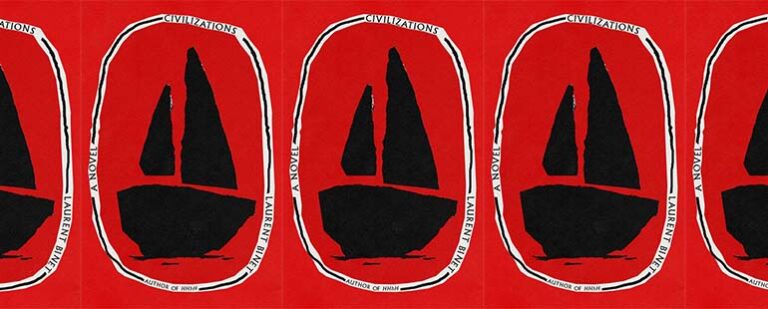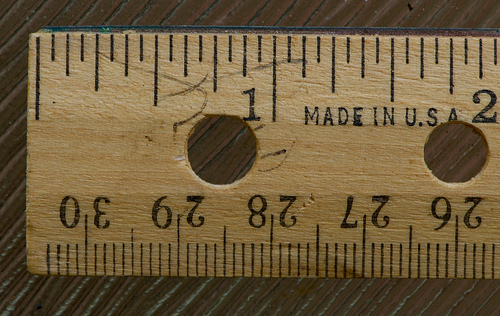Round-Down: Are BOGO Books A Good Thing?
Many businesses have sought creative ways to keep customers incentivized to return because there are so many options for shopping around. Publishers are no different. Harlequin, the famed romance novel imprint of Harper, is turning to a new reader rewards program as a way to keep readers loyal in the ever-growing book marketplace.
Unlike a lot of rewards programs out there (I’m looking at you, American Express), consumers will not have to wait a long period of time before their points are redeemable. Rather, readers will earn two-thousand points simply for creating an account during this trial period, presumably while Harlequin collects data and perfects the model. Participants will also have the option to grow their accounts by participating in surveys wherein readers get to share their preferences and ideas related to romance novels. Right now, the rewards range from free books (print or electronic), gift baskets, and, the real high-ticket item—a Skype interview with a favorite author.
At first blush, it sounds like a wonderful idea. Who doesn’t want to be rewarded for reading (even if–especially if– it is for steamy romance novels with a preponderance of “quivering” and “ocean pool eyes” metaphors)? Who wouldn’t want to be more involved with authors and publishers than a fan?
I’m not surprised that a “genre” (for my issues with this dichotomized term, see this Round-Down) imprint would be the first in publishing to get behind a business model that’s already used pretty successfully by many customer-service oriented businesses, from grocery stores to fast food joints to online make up retailers like Birchbox. Heck, even libraries and bookstores have points programs set up to reward readers. So why didn’t Penguin or Oxford University Press jump on this bandwagon before Harlequin?
My hunch? Given that genre readers are used to defending themselves as “not literary,” they are perhaps more apt to be swayed by commerce rather than solely by love of art.
But is it fair to lump readers into those driven by commerce and those driven by love of a good book? Aren’t books, after all, a consumable good just as much as lipstick or paper towels? And who doesn’t love getting a deal?
It’ll be interesting to see how this rewards program fares. It wouldn’t surprise me if more imprints joined and made more books go BOGO.
And yet, a recent article in Guernica by Matt Burriesci cautions me on my quickness to applaud such a business-oriented measure–precisely because it pushes readers more directly into the consumer/customer camp—and, increasingly, authors as well.
Burriesci’s piece, which examines the ways in which the business rhetoric has been both bad and good for the arts and humanities, says it best here:
The argument remains seductive because it happens to be true: the arts and humanities are good for business. It’s also true that this tactic may win some battles, but it will ultimately lose the war, as it accepts the same set of metrics for the arts and humanities that are applied in industrial processes and quarterly earnings reports.” He goes on later to conclude, “Just as information technology changed our relationship with artistic property (such as music, movies, and books), it will soon change our relationship with other refined goods, such as pharmaceuticals, automobiles, and housing.
His piece, admittedly, is more about how this kind of workplace utility mindset is ruining education, especially liberal arts education (a topic that is also near and dear to my heart), and yet, reading those lines, I can’t help but ask, what are the longterm consequences of treating art as a refined good? As readers, we may get a free book. But as writers and publishers?
Perhaps Amazon’s latest move of paying authors only in accordance with their page views—rewarding authors with higher, sustained readership—is only the tip of what’s yet to come.
Do we really want to live to see that iceberg? Or do we just want a deal? As the adage goes, you get what you pay for. As a provider of a good or service, however, you also don’t get paid for what customers get for free.



